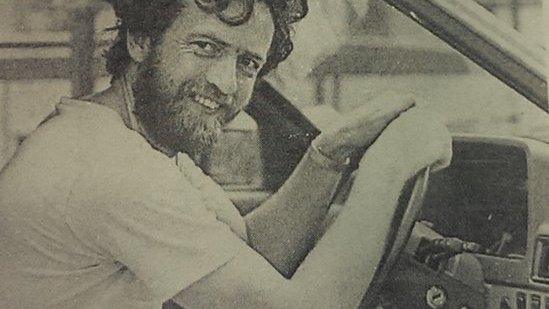Neale Coleman, the new member of Jeremy Corbyn's inner circle
- Published
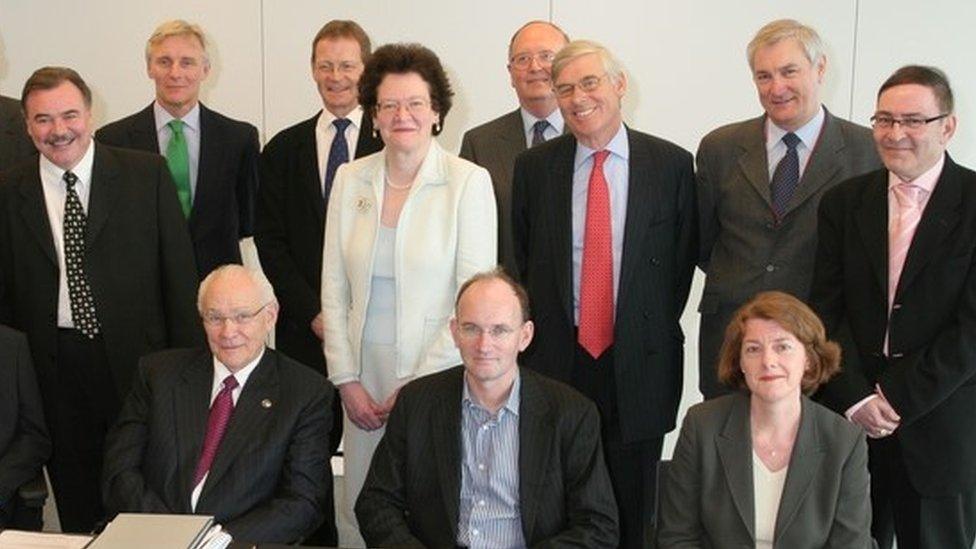
Neale Coleman in 2006, bottom row, centre, with the Olympic Delivery Authority Board
In a busy first week as Labour leader, one of Jeremy Corbyn most important tasks was putting together a team to support him in his new role.
The selection of his shadow cabinet made headlines but a more low-key appointment, that of Neale Coleman as Labour's new head of policy and rebuttal, will have caught attention in political circles in the capital.
Apparently recruited in response to calls for Mr Corbyn to appoint a media advisor, Mr Coleman may not be a household name. But he has been a key figure in London politics for more than 20 years.
Former mayor Ken Livingstone told BBC London he was "delighted" to learn of the appointment, describing Mr Coleman as "the mastermind behind the Olympics".
"He is a brilliant ideas man who will bring well-thought-out, intelligent policies to the table," said Mr Livingstone.
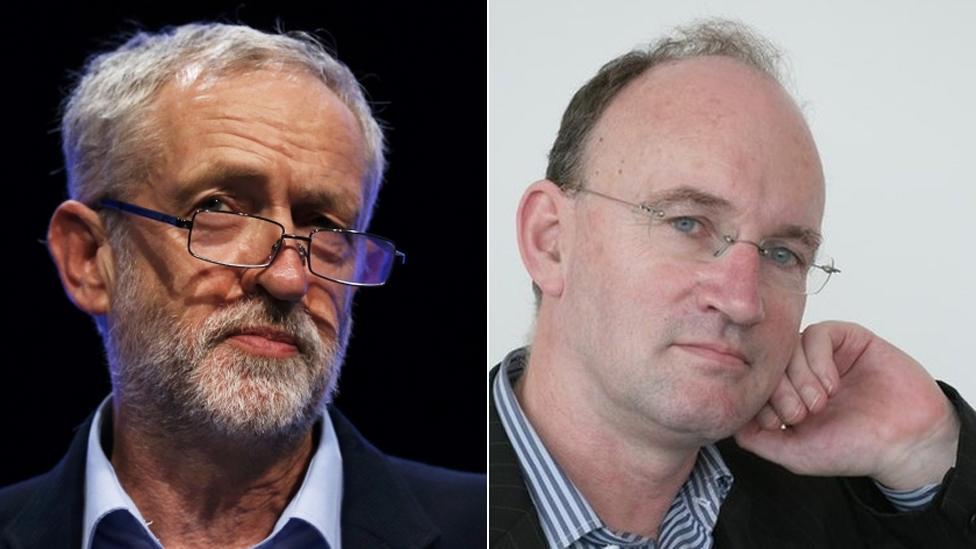
Neale Coleman's appointment followed calls for Jeremy Corbyn to recruit a media advisor
When Boris Johnson won the London mayoralty from Mr Livingstone in 2008, he wasted no time sending a cadre of his predecessor's advisers packing.
But there was a notable exception: Neale Coleman stayed put.
Not primarily because of his specialist experience in housing and regeneration, but because - to the new mayor - he had one specific indispensable quality. He was City Hall's Mr Olympics.
For all the Conservatives' previous criticisms of the spiralling costs of the games, Mr Johnson early on saw the potential personal gain that could come from a successful 2012.
A classic combination
And it hardly made sense to dismantle the team and remove the main man tasked with securing a crucial legacy.
Mr Coleman adapted, with civil service ease, to the new regime. And in 2012 - after gold medals and zipwires galore - he was duly appointed a CBE.
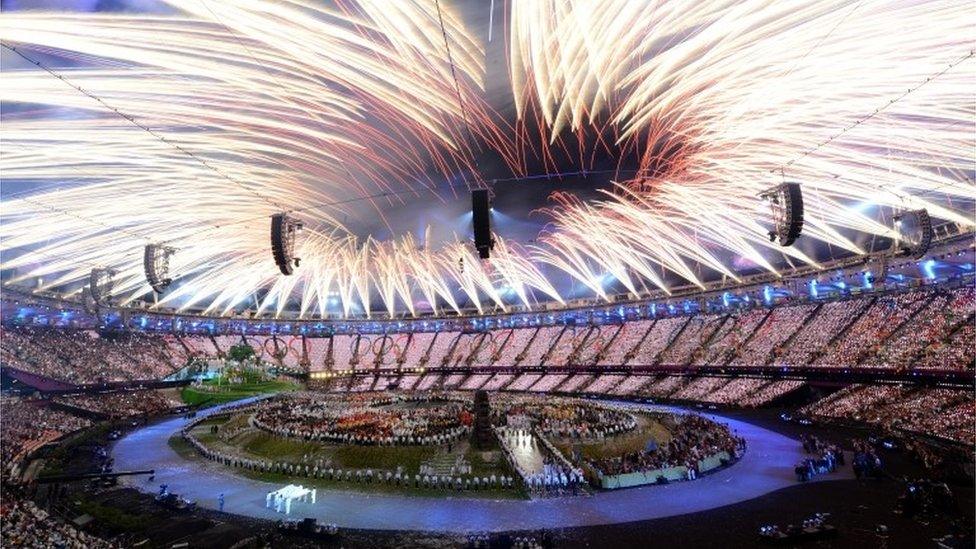
Neale Coleman was a key figure in the planning of the London 2012 Olympics
Along with the unifying Olympic purpose, it helped that Mr Coleman shared the mayor's interest in Classics.
One of the few people able immediately to recognise a Johnsonian rhetorical reference, he could speak of his First in Greats from Oxford, compared to the mayor's 2:1.
It barely mattered that Coleman was Labour through and through - one of the architects, as a Westminster councillor, of the downfall of Dame Shirley Porter through his exposure of her homes-for-votes policy in the 1990s, external.
History does not yet record how he managed to co-exist at City Hall alongside the mayor's chief of staff, the late Simon Milton, and Kit Malthouse - deputy mayor for policing in Johnson's first term and one of the former Westminster councillors who brokered a multi-million pound final settlement in compensation from Lady Porter.
Staying power
But Mr Coleman lasted well beyond the games themselves, becoming the mayor's man in charge of the London Legacy Development Corporation - responsible for everything from West Ham coming to the stadium to affordable housing to trying to fulfil long-term legacy promises on skills and employment.
Mr Coleman was there right at the start of the mayoral story in 2000 - appointed by Ken Livingstone when he was an independent mayor, having failed to gain the Labour nomination for the first election.
He wasn't "tier one", occupying a zone just outside Mr Livingstone's tight inner circle, but his advice was valued and he was seen as a highly effective media operator.
His appointment to this key role for Labour revives his partnership with Simon Fletcher, formerly Mr Livingstone's chief of staff at City Hall and one of the masterminds behind Jeremy Corbyn's extraordinary campaign to seize the leadership.
In the end, it is a world where trusted lieutenants are scarce.
- Published17 September 2015
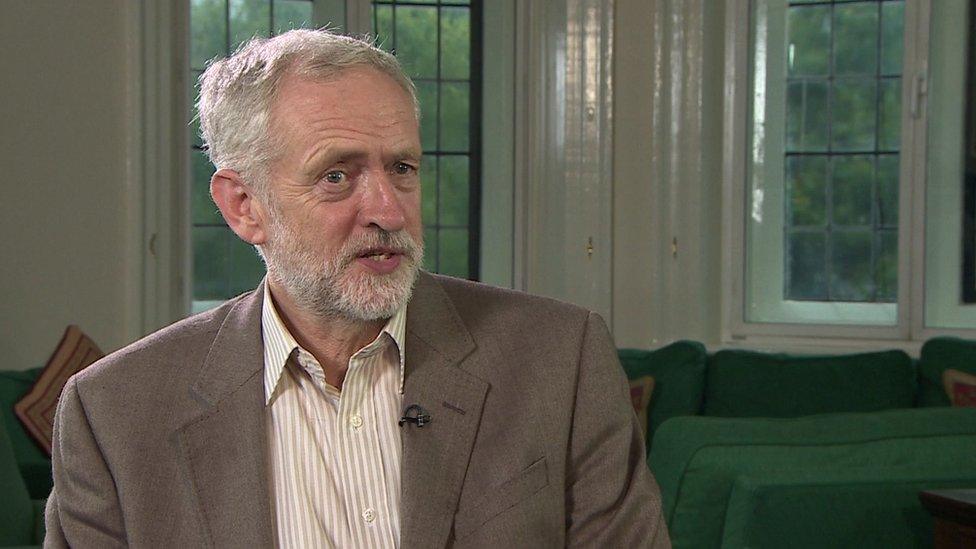
- Published16 September 2015
- Published16 September 2015
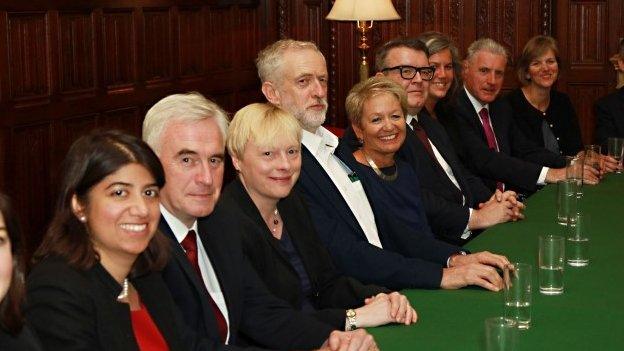
- Published15 September 2015
